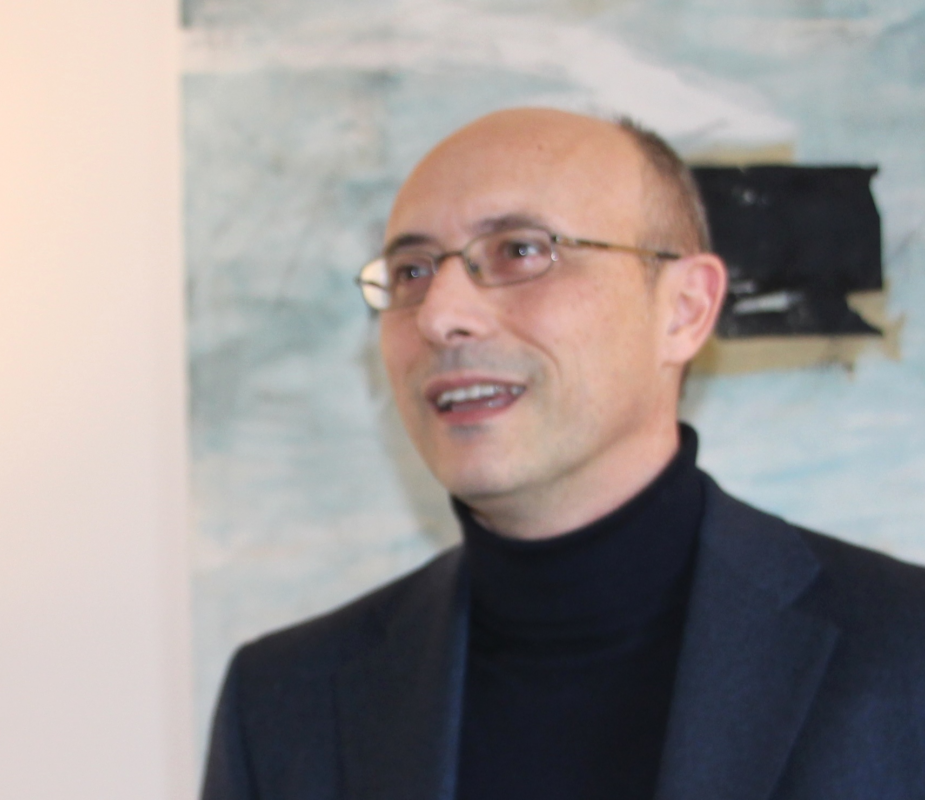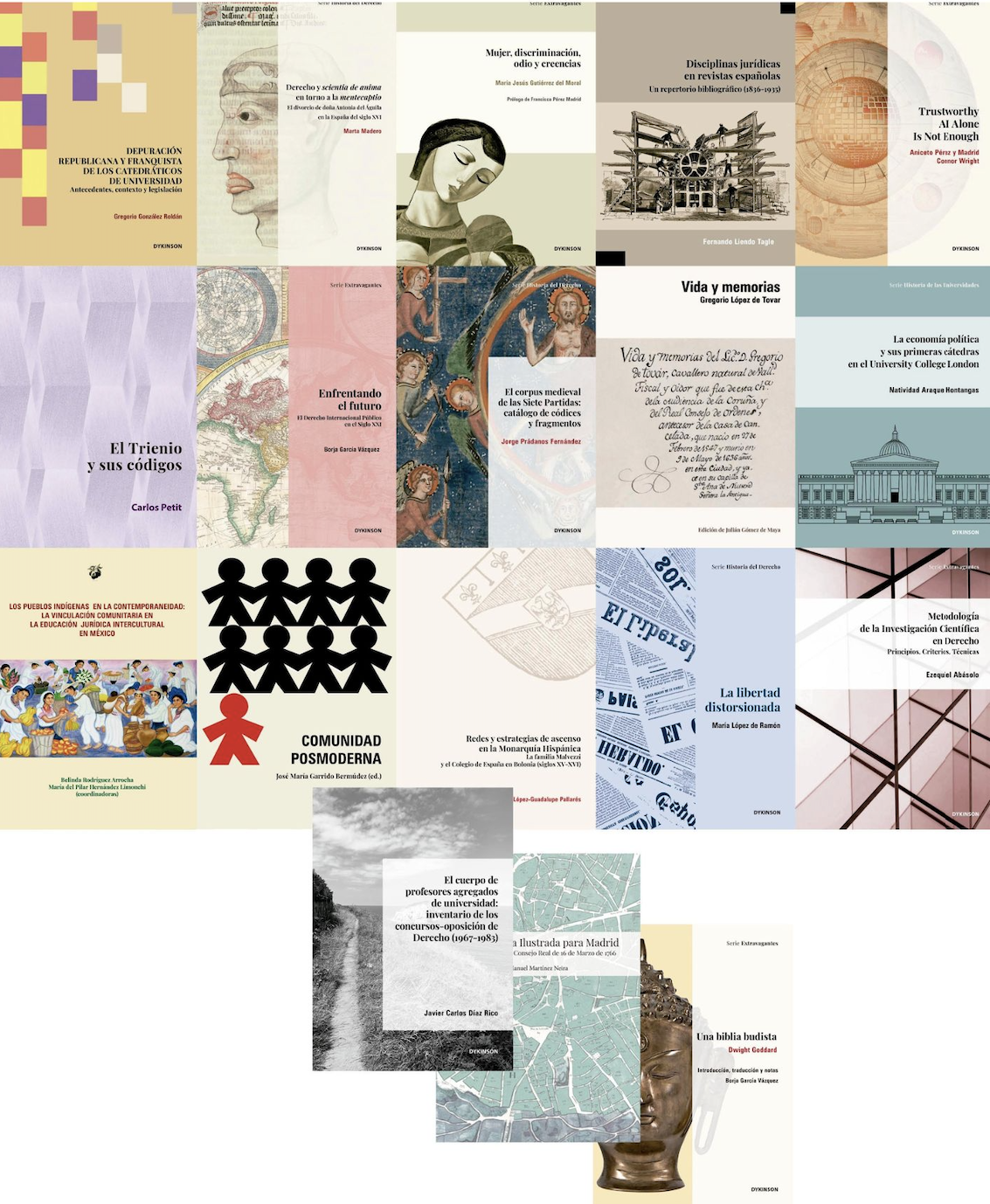Manuel Martínez Neira, Professor of History of Law at Universidad Carlos III de Madrid, is one of the two winners of the first edition of the YERUN Open Science Awards, launched in 2021.

The winning practice consists in a long-term collaboration between a university press and researchers to develop and promote Open Access publication of historical and legal scholarship. This initiative transforms research dissemination, emphasising collaboration and innovation in the evolving landscape of Open Science.
Two years after receiving the award, we had an insightful conversation with Prof. Martínez Neira to delve into the progress of its project’s follow-up. We explored how the YERUN award has been instrumental in propelling Open Science initiatives within its institution and beyond.
.
.
Professor Martínez Neira, can you tell us a bit about the follow-up to your project and how the YERUN award has helped you further boost Open Science in your institution?
The award has been a great recognition of the work developed over the years and has also allowed us to continue working on this path. Thanks to the financial support provided by the YERUN award, we have developed the following actions:
- We have published 41 monographs in open access, available in the University’s repository (e-Archivo).
- We have published a dataset, available in the data repository of the Madroño consortium (e-cienciaDatos).
- We have completed the digital humanities project entitled “Diccionario de catedráticos españoles de derecho” (Dictionary of Spanish law professors), which in total comprises 1061 biographies accessible through a database.
- We have carried out various dissemination actions: presentations, communications at conferences, workshops.
How is, in your view, the establishment of OS practice proceeding in academia in general? Do you see important advancements?
In my opinion, in the Spanish case there has been a breakthrough thanks to the research evaluation criteria established by ANECA, which by promoting the use of repositories has uncovered Open Science to many academics. The problem of publishing companies that must establish another business model compatible with Open Science is still pending. Therefore, I think that initiatives such as the one developed by YERUN are inspiring.
How has your Open Science initiative contributed to building a community that fosters and implements Open Science practices within your university?
I have collaborated with several departments and research institutes in publishing research results in open access. Sometimes, the practice of open access publication has been a discovery and a surprise for the authors, who have seen how their work was known and used by many more people, quickly receiving feedback on their work. The dissemination and impact of their research grew exponentially. The possibilities of using associated data also opened up a new dimension for the efficiency of academic work. Sometimes we have been called to participate in seminars showing our Open Science practices in other universities, such as the University of Castilla-La Mancha.
What steps have you taken to make your initiative available to others? Is it easily findable online, and can it be reused in other departments or institutions?
I take advantage of scientific meetings to disseminate these initiatives among my colleagues. Also among the students, as they are the next generation of researchers. We have also participated in the FOS (Full Open Science) project organised at the YUFE level.
In what ways do you envision the future of Open Science evolving, and how can collaborative efforts among universities play a role in shaping this future?
Open Science is already the present. It is true that not everyone performs their work according to its parameters, but Open Science is here to stay. Universities have a fundamental role as protagonists of this paradigm. The social responsibility of the University pushes it to transmit not only to the scientific community but also to the public the results of its research, and Open Science allows it to do so directly.
Thank you, Prof. Martínez Neira and all the best on your future Open Science endeavours!
In the evolving landscape of Open Science, the YERUN Open Science Awards serve as a beacon of recognition, propelling innovative projects into the spotlight. Our awardees, such as Prof. Martínez Neira, embody the transformative power of openness and collaboration. Their impactful initiatives exemplify the positive effect that Open Science has within academia and beyond. As we celebrate their achievements, we anticipate the continued growth of Open Science, with universities at the forefront, shaping a future where knowledge knows no boundaries.










